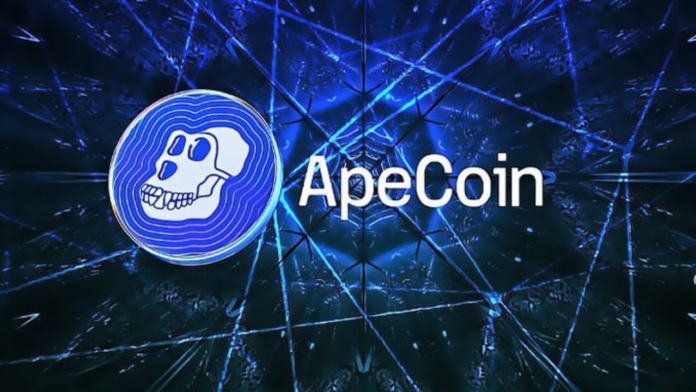ApeCoin DAO, the decentralized autonomous organization driving ApeCoin initiatives, is contemplating a unique venture in Bangkok: a Bored Ape-themed hotel set in a prime downtown location. The proposal, put forth by DeSmart, a pseudonymous member of the DAO, outlines plans to transform an existing hotel into a haven for Bored Ape Yacht Club (BAYC) enthusiasts, complete with themed rooms, an APE-themed bar, and a stylish swimming pool.
DeSmart’s vision is backed by a request for $356,000 in APE tokens to fund the renovation and thematic embellishments of the hotel. Beyond aesthetic enhancements, the proposal promises benefits for ApeCoin holders, including 50 complimentary nights of accommodation distributed among holders, with one night per holder. This initiative aims to enhance the visibility and utility of ApeCoin while generating tangible revenue for the DAO. Additionally, 50% of the revenue from the BAYC-themed rooms will be directed back to the ApeCoin DAO during the first year of operation.
To qualify for a free night’s stay, ApeCoin members must demonstrate their affiliation by being active on the ApeCoin forum, holding more than 1 APE token, and sharing a promotional tweet showcasing their themed room experience.
Integral to the project’s ethos is the acceptance of ApeCoin as a form of payment within the hotel. This move is intended to showcase the real-world applicability of ApeCoin, fostering its circulation and broader usage beyond the digital realm.
In May, DeSmart indicated progress with onsite inspections and secured initial cooperation from a hotel in Khlong San, Bangkok. “They are very interested in and supportive of our ideas and proposals and will fully cooperate with our team in implementing this project,” shared DeSmart on the ApeCoin forum.
This ambitious initiative marks ApeCoin’s foray into real-world applications, leveraging the popularity and community engagement surrounding the Bored Ape NFTs to create a distinctive hospitality experience. As the proposal advances through the DAO’s governance process, it could potentially set a precedent for integrating digital assets and virtual communities into traditional sectors like hospitality, shaping new paradigms in experiential tourism.


